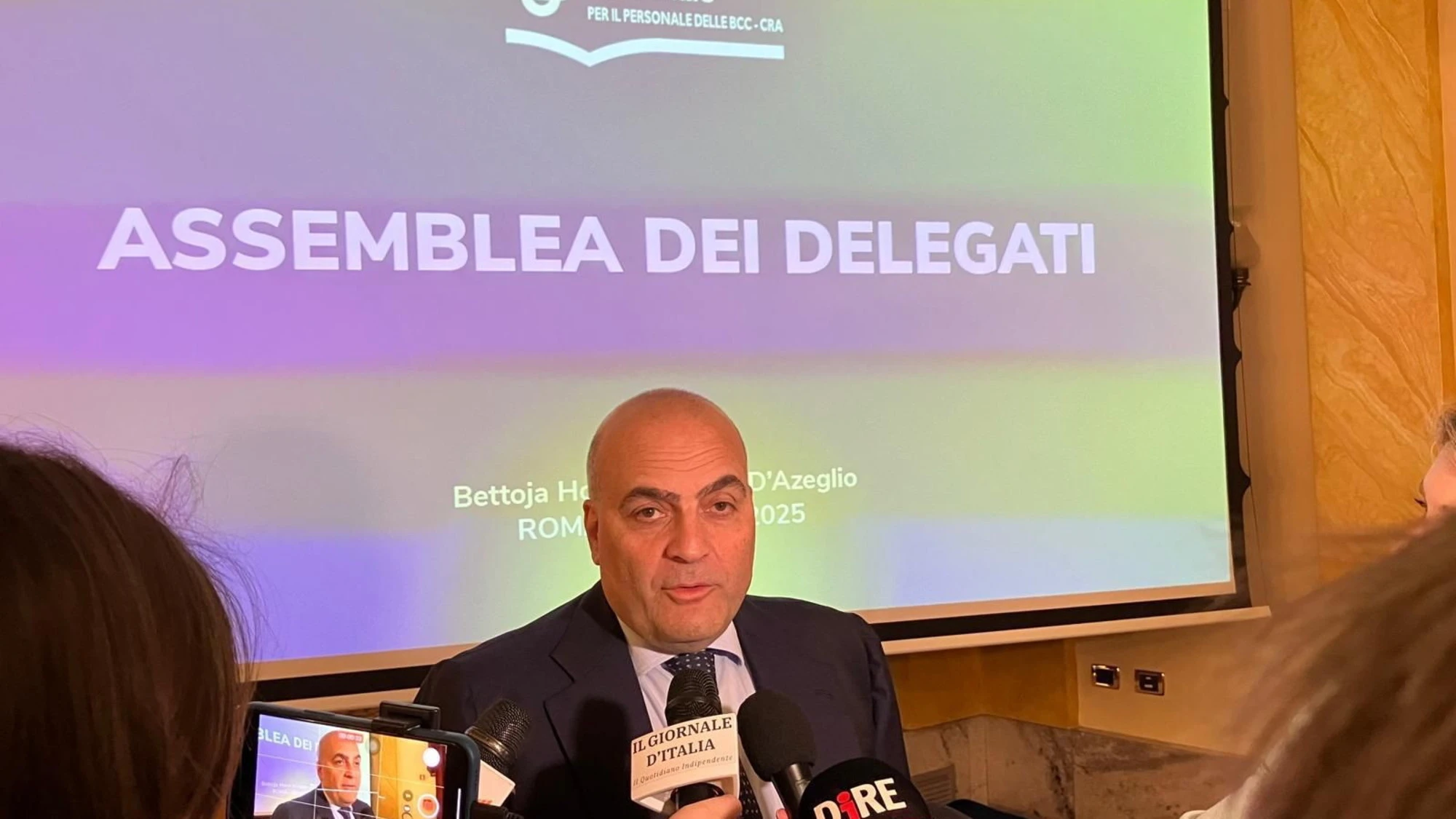- On December 3, 2017, we sent a letter to OECD Secretary-General Angel Gurría. Our letter was signed by multiple non-profit bondholder groups representing families of Peruvian heritage that continue to await fair payment for the expropriation of their land by the government of Peru. Our letter addressed the longstanding default of the agrarian reform bonds we hold, and Peru's lack of transparency on the matter. In response, yesterday, Prime Minister Mercédez Aráoz stated that a U.S. fund manager sent that letter, and that such U.S. fund manager is "playing dirty" and "continuously threatens Peru to frustrate [Peru's] access to the OECD." Prime Minister Aráoz's statements, however, are completely false and misleading. Our letter of December 3, 2017 – which enclosed Dr. Blommestein's report – was executed by a large number of Peruvian bondholders' associations representing thousands of Peruvians. Prime Minister Araóz deliberately attempted to mislead on this very important fact. In substance, Prime Minister Aráoz's statements are only a futile attempt to confuse the OECD and distract its attention from the real issue: Peru's selective default of its sovereign debt and the complete lack of transparency with which it has handled this issue for the last three decades – but most significantly over the last four years. Simply put, Peru continues to be in default and has taken no serious effort to resolve this longstanding debt or to adhere to common expectations of transparency from a sovereign entity. Moreover, in order to avoid full payment of this debt, President Pedro Pablo Kuczynski has – as fully explained in our letter – relied on a forged decision from Peru's Constitutional Tribunal which has given rise to ongoing criminal investigations.Finally, Prime Minister Aráoz's statements are just another example of how Peru has, over the course of decades, completely ignored Peruvian bondholders and managed to get away with it. Notably, neither Prime Minister Aráoz nor Peru have even attempted to address the five basic questions in our letter. Instead, Prime Minister Aráoz suggests that alerting the OECD to a decision forged by Peru's highest court is a "dirty trick." In our view, forging and relying on such decision is the true "dirty trick." By attempting to distract the OECD and making this simply about a U.S. fund, instead of taking a responsible and serious stance, Peru is showing its true colors as a country that only pays the debts it wants to pay, when and how it wishes to pay them. That posture should be completely unacceptable for a democratic country that supposedly respects the rule of law. Such a reckless and disrespectful attitude towards its own creditors is completely incompatible with the OECD's core values and mission. Until Peru begins to act like a responsible sovereign and own up to its duties as a fair and reliable debtor, we continue to believe the country is not ready to receive an invitation for accession to such an organization as the OECD. Ramón Remolina – ABDAAlfredo Adrianzen – ADAEPRALuis Huguet Nicolini - ADAEPRA





